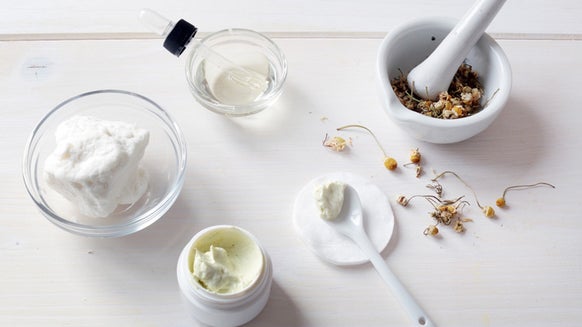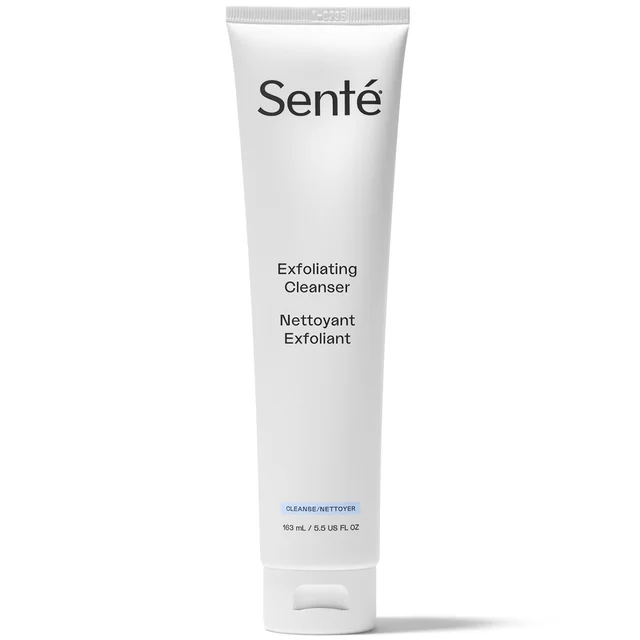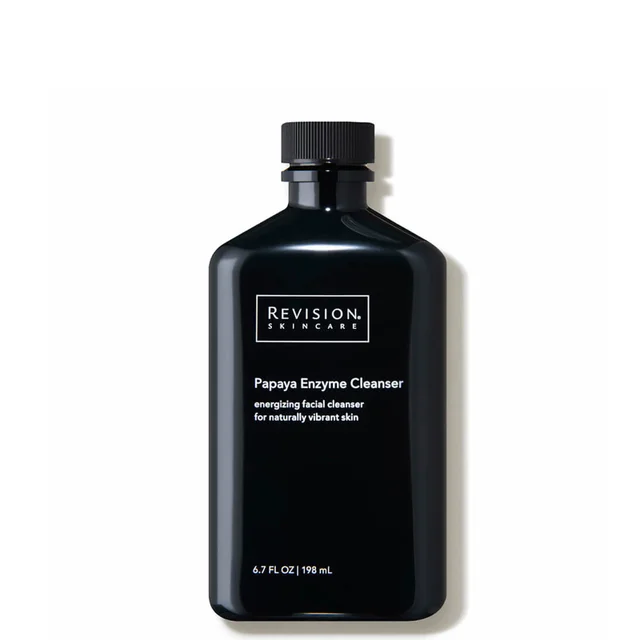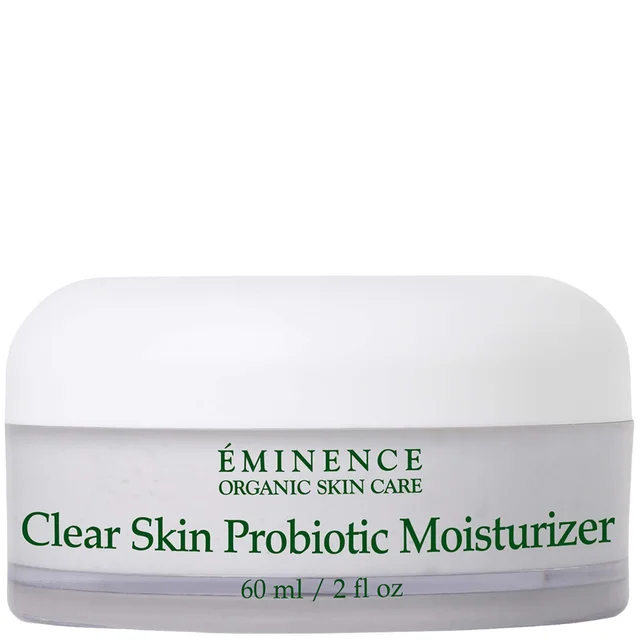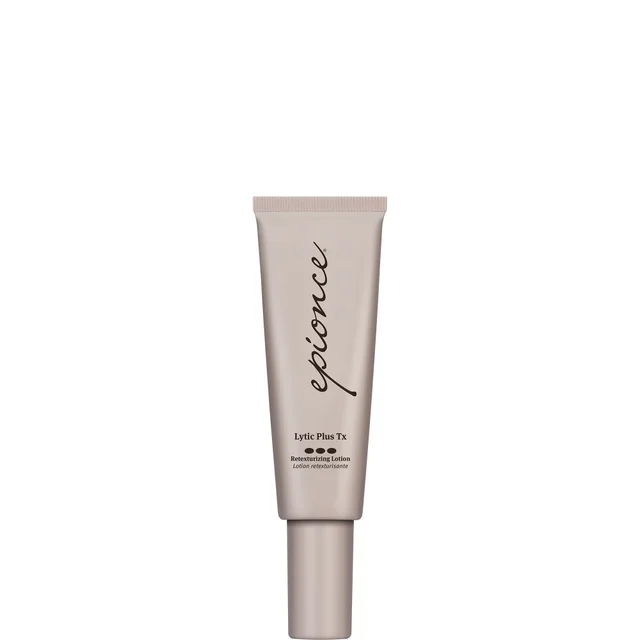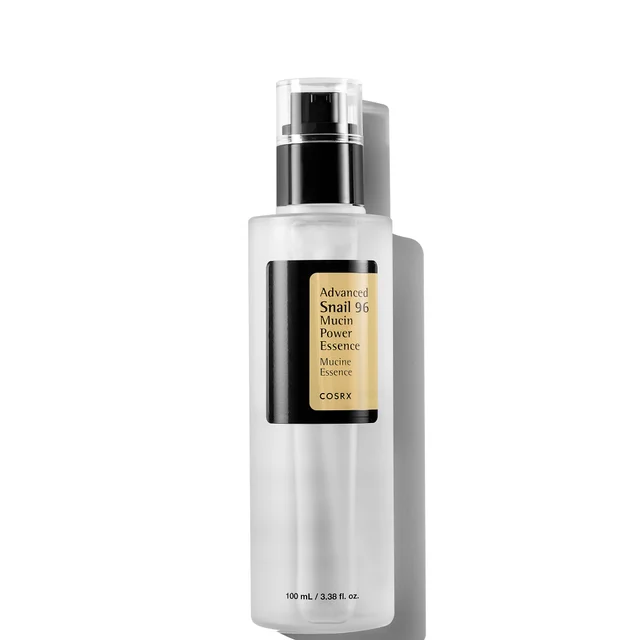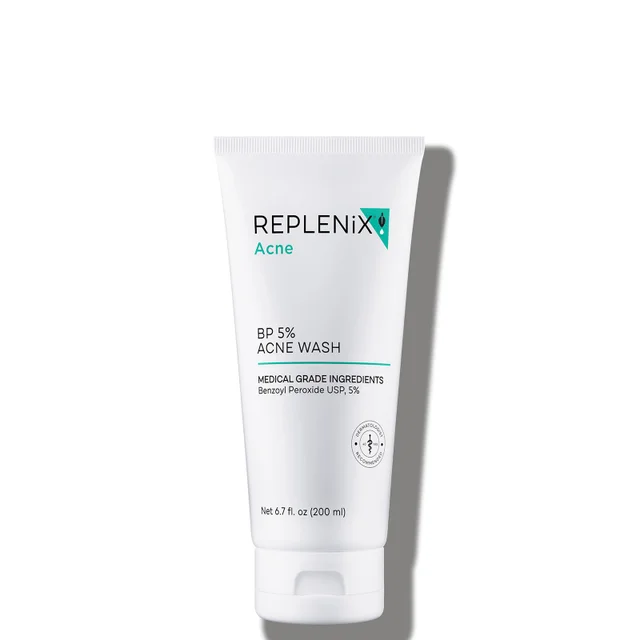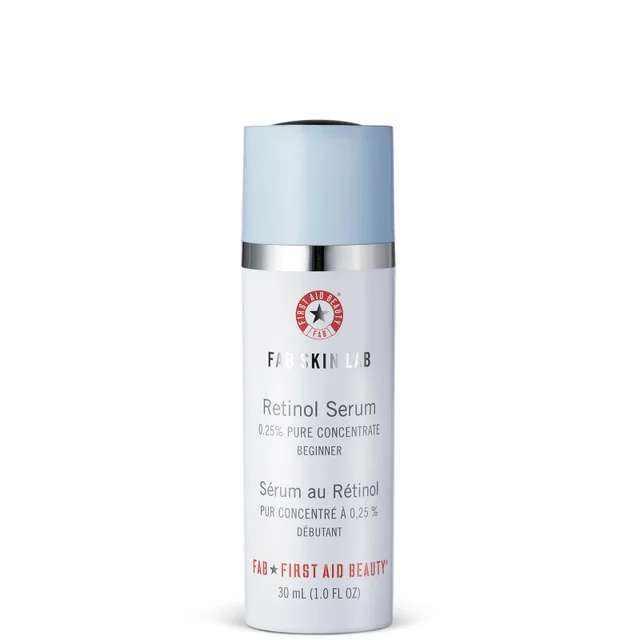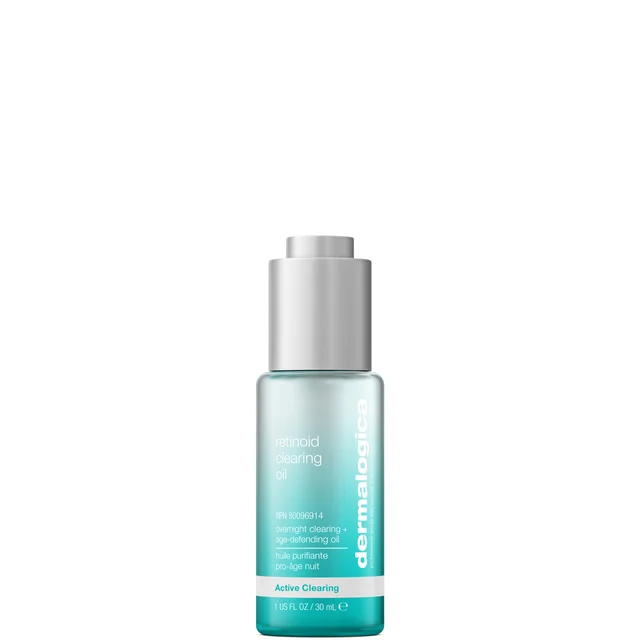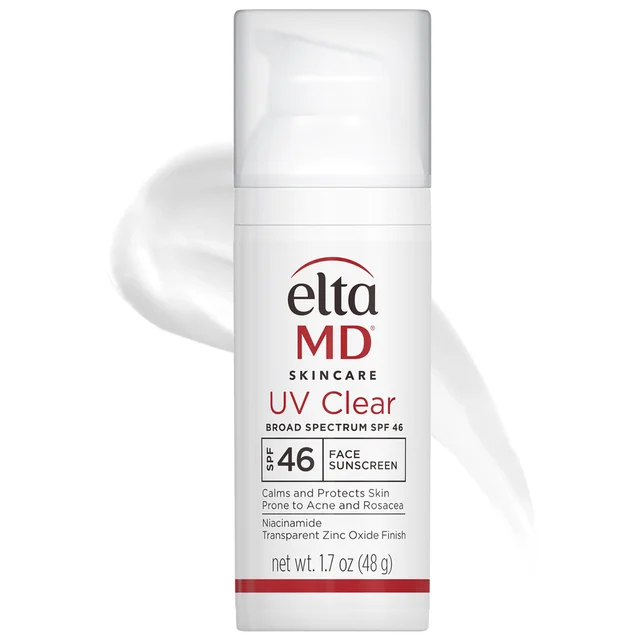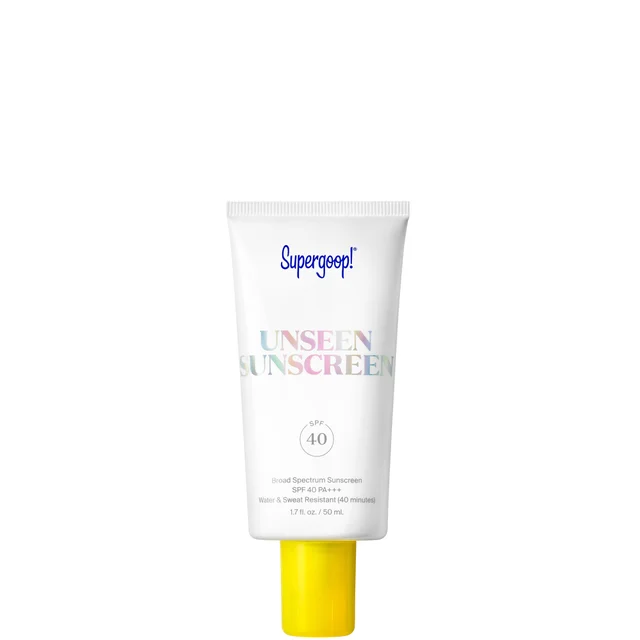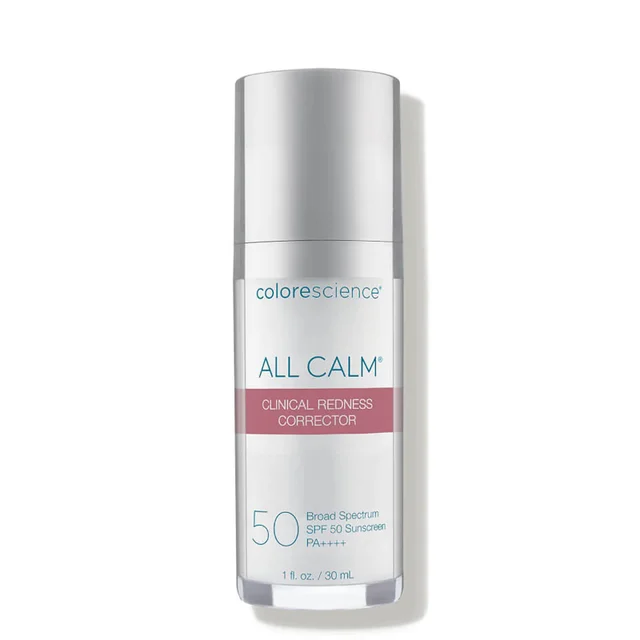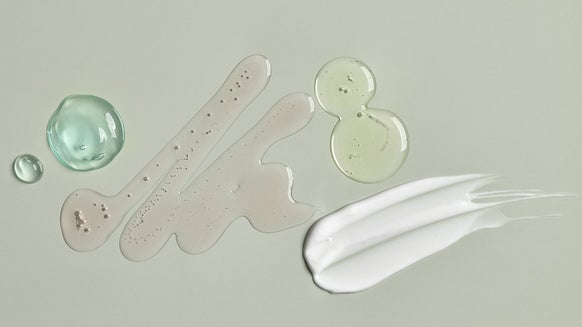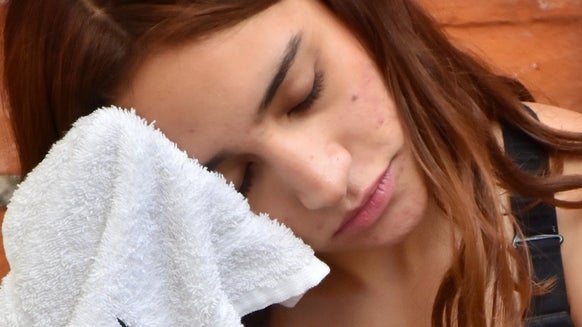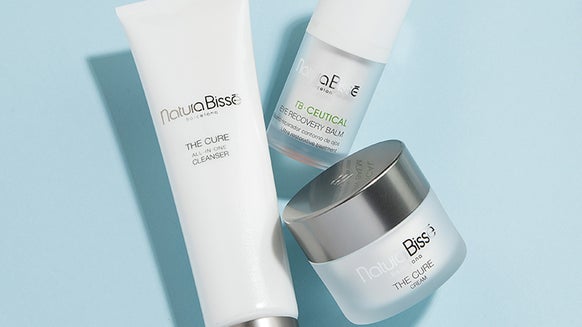How to Stop Peeling Skin From Acne

Conventional wisdom tells us that acne and oily skin go hand-in-hand, but in the real world, this isn't always true. In tens of millions of Americans, acne affects the gamut of skin types, including those with dry or combination skin. Whether it's a symptom of naturally dry skin or of an overly harsh acne-fighting regimen, skin that lacks moisture can dry out and peel. To keep skin hydrated while keeping acne at bay, you'll want to stock your routine with gentle cleansers and lightweight moisturizers.
Face Value
Many face washes that target acne rely on skin-drying ingredients, like harsh surfactants and cleansing agents to combat oil. While these can be effective against breakouts, when the skin lacks moisture, its outermost layer contracts, leading to breakage in the form of cracking, flaking and peeling. And dry, flaky skin can build up in pores, leading to further breakouts. So it's important to gently exfoliate without overly stripping the skin or causing further peeling. For a daily face wash that fights pimples and flakiness, peeling, find a middle ground; choose a gentle cleanser that keeps your skin dirt- and debris-free without over drying. A cleanser with AHAs may also be a good option, as they work to both lightly exfoliate and hydrate. Likewise, cleansers with enzymes work by dissolving dead skin, so are typically great for those on the dryer side.
Lightweight Moisture
Because oily sebum is a key cause of acne, popular treatments tend to dry the skin, which can either cause or exacerbate peeling problems. However, as mentioned above, overly dry skin cells can actually clog the pores, leading to even more acne. To combat peeling and acne in one swoop, moisturize your skin at least once per day. Choose a non-comedogenic moisturizer, which won't inflame acne or clog pores, and lightweight layers of moisture are ideal, rather than a single layer of a thick cream. Look for soothing, hydrating serums and even
On-the-Spot Treatment
Benzoyl peroxide—a star player in numerous acne creams and gels—is a time-tested acne fighter, but you'll want to take special care when using it if you have dry skin; using it as an all-over treatment can cause further dryness, cracking and peeling. While many assume spot-treating pimples with benzoyl peroxide can help get over a breakout, the fact is, it has almost no effect on pre-existing acne lesions and works better as a preventative measure. Many products boast of their 10-percent strength of benzoyl peroxide, but concentrations above 5 percent have been shown to be no more effective and are only more drying. Instead, opt for a lower percentage or a facial wash that will be gentler on the skin than a leave-on product like a cream or gel.
More to Know
Topical acne creams with
This article has been reviewed by board-certified dermatologist Dr. Emmy Graber.

From the latest hair and makeup trends to the best solutions for your skin issues, we've got all your beauty concerns covered!
Related Posts
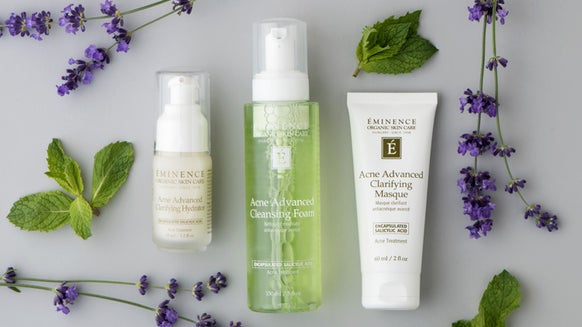
Eminence Organic’s New Acne Collection Tackles Breakouts Without the Harsh Side Effects
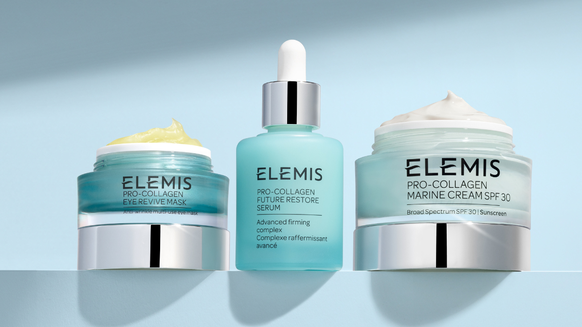
Reviewed: Elemis Pro-Collagen Skin Care and Its Anti-Aging Benefits
